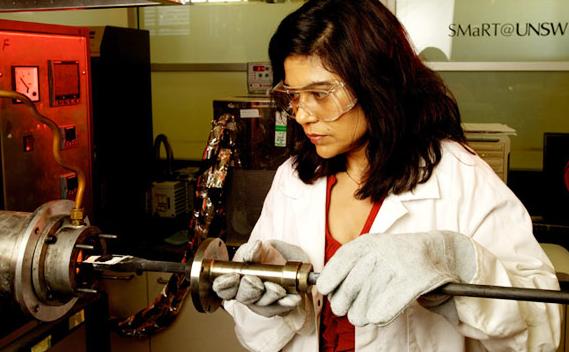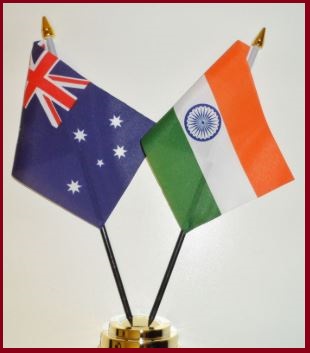Updated By: LatestGKGS Desk
World’s First Microfactory for e-waste launched Details, Purpose, Benefits

World’s First Microfactory for e-waste launched- Details, Purpose, Benefits
In a bid to control increasing e-waste, IIT-trained Australian scientist of Indian origin Veena Sahajwalla at the University of New South Wales (UNSW) has unveiled the world’s first microfactory that can transform components from electronic waste items into valuable materials for re-use.
The e-waste microfactory uses green manufacturing technologies to turn many types of consumer waste such as glass, plastic and timber into commercial materials and products.
The e-waste microfactory has one or series of small machines and devices that uses patented technology to perform one or more functions in the reforming of waste products into new and usable resources
The e-waste microfactory has a number of small modules for processing e-waste and fits into a small site.
The e-waste microfactory recycled materials include metal alloys and range of micro-materials. These can be utilised in industrial-grade ceramics and specific quality plastics from computers, printers and 3D-printing applications. The metal alloys can be used as metal components for new or existing manufacturing processes, she said
The e-waste microfactory has the potential to reduce the rapidly growing problem of vast amounts of e-waste causing environmental harm and going into landfill.
The e-waste microfactory provides a cost-effective solution to one of the greatest environmental challenges at present times.


